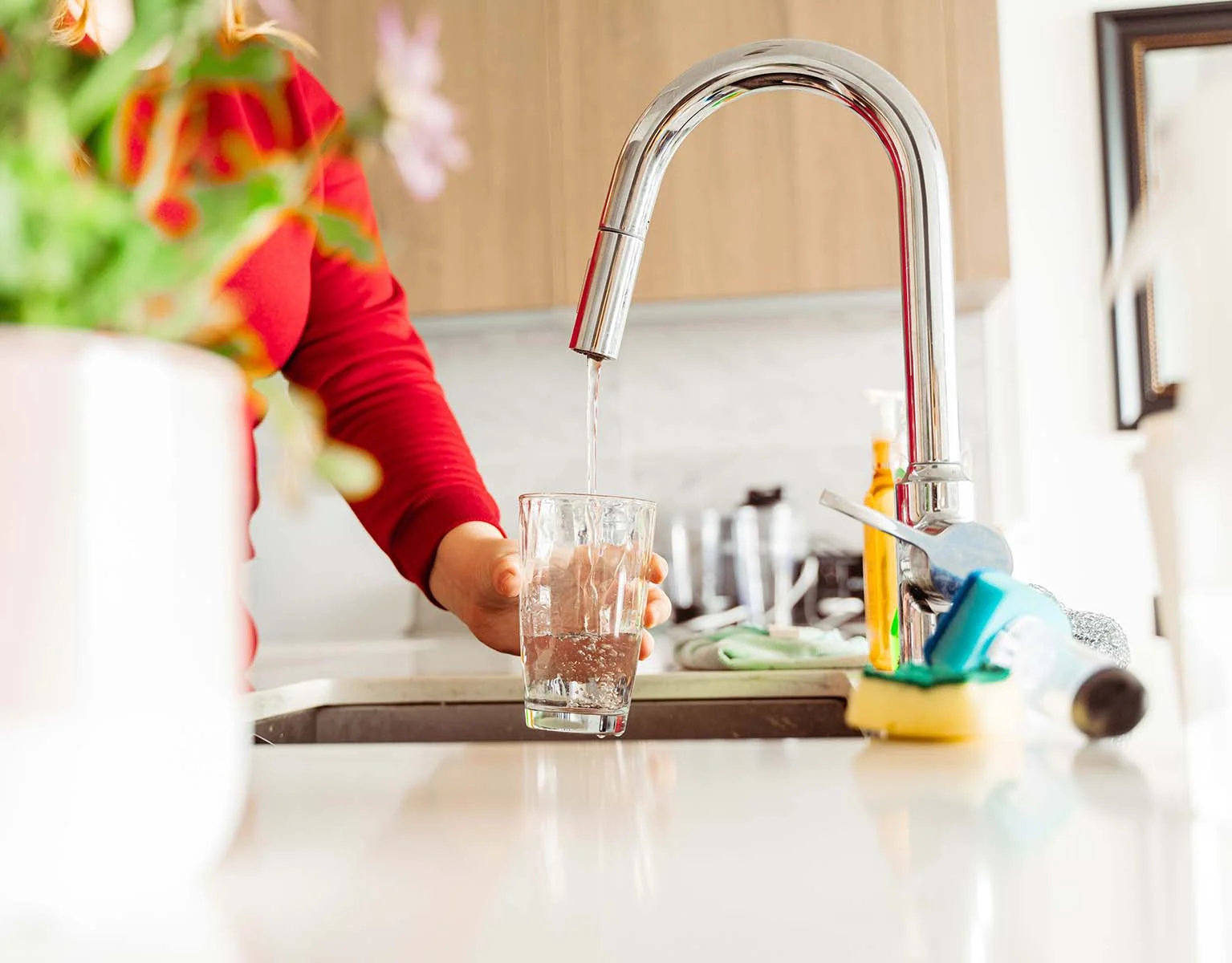A home warranty covers many of the appliances and systems in your home, including plumbing – the exact terms and coverage vary by plan, but a contract from 2-10 HBW will give the details.
They generally cover items affected by normal wear and tear, but problems arising from neglect or misuse are usually excluded.
Water Heaters
When a water heater fails, it can seriously inconvenience everyday routines such as washing dishes and taking showers – activities we take for granted. Fortunately for homeowners, water heater coverage is available as part of most home warranty plans, protecting property owners from additional repair and replacement costs.
Water heaters, like many other covered items, are ensured. Whether or not your water heater will be covered depends on your provider and your plan. You can read your contract for a better idea of how the specific terms, including coverage options, dollar limits and exclusions, apply in your case.
Certain home warranty companies will ask for documentation proving you maintained and repaired your appliance to protect themselves from people sidestepping expensive repairs by getting a home warranty instead. For instance, if you have a box in your utility room that jumps off the shelf and onto a water heater, damaging it – instead of some normal wear and tear – versus moving to accommodate routine maintenance, home warranty coverage might not apply. The 2-10 HBW Homeowner Portal also allows homeowners to review their service contracts anytime, so they can know exactly what they have and why they have it in plain English.
Drainage Systems
Home warranty providers can provide a variety of plans, ranging from appliance- and system-only plans to combination plans. Almost all of the home warranties will include one annual premium and up to EIGHT one-time service fees – the exact plan details will differ according to which plan you get.
According to Jimmy Hiller, CEO of Hiller Plumbing, Heating, Cooling and Electrical (which operates across Tennessee, Kentucky, Alabama and Florida), the majority of homeowner issues can be avoided by routine maintenance checks to prevent costly repairs further down the line, for example, regular checks for leakage in toilets could prevent costly repairs in the future.
But a home warranty doesn’t replace homeowners insurance and, in some cases, the basic policies aren’t as extensive as they may seem. For example, home warranty providers won’t cover damage from a natural disaster or another event typically covered by a homeowners insurance policy, so you need to have adequate coverage. Second, most base plans don’t cover outdoor plumbing components and things like lawn sprinkler systems unless the homeowner works with an agent who adds special line-item coverage to the policy.
Interior Plumbing
But home warranties offer coverage against plumbing breakdowns resulting from normal wear and tear (provided that the homeowner properly maintains the pipes and fixtures, so that any denial of a claim results from a valid exclusion for abuse or poor maintenance and not from the damage itself).
Inside-the-home coverage tends to cover the supply lines, faucets and toilets, while the more complicated stuff – water heaters, pipes and drain lines – is covered by extended coverage.
Creditable home warranty companies tend to offer tiered plans addressing appliances, major home systems or a combination, with add-ons allowing for selective coverage of components. Only sprinkler systems and outdoor plumbing are typically excluded; if these areas are outside your property lines, however, you may be able to purchase added protection. And such warranties don’t generally cover damage due to natural disasters or home upkeep neglect unless you tack on add-ons for those too.
Outdoor Plumbing
Outdoor fixtures such as sprinkler systems, swimming pools, spas or exterior spigots aren’t typically covered by home warranty plumbing because it’s focused on properties within the walls of your home. You can, however, buy extended coverage through several home warranty providers to add these types of items, along with outdoor appliances and systems such as septic systems.
Read your home warranty contract carefully, and know what is and isn’t covered. Inspect any outdoor items under your warranty plan on a regular basis, and be prepared to call in as soon as something seems amiss. Even better, schedule regular maintenance for outdoor fixtures so issues can be caught early.
In sum, a home warranty ought to help you save money on expensive repairs related to normal wear and tear or accidental damage, while a homeowners insurance policy should cover loss in the event of major (natural disaster or abuse) water damage. You want to have both types of policies.


